You’re on the Right Path
“Queen to b4, knight to F7, bishop to H5…” I couldn’t help but overhear an older man talking to himself as he replayed one of the great chess games of history. He held an orange book with tattered corners in one hand while swiftly moving the pieces on the board in front of him with the other. I stopped to say hello and asked about the game. He didn’t seem to care much that I was there, except that I was someone to listen to him recount the brilliance with which the players outwitted each other. I was in graduate school at the time. It was a beautifully warm day. He was playing outside on the grass with a folding table he must have brought. After 15 minutes or so of chess history, I had to rush off. As I walked away, I heard him set up another game and start to rehearse the moves. “Pawn to E4, pawn to C5…”
Lately, I’ve been thinking that difficult life decisions are like a game of chess. In chess, you start with 16 pieces. Throughout the game, you have to make choices about when it’s worth it to sacrifice a piece to help advance you toward the ultimate goal of checkmating the opponent. Or if the game isn’t going well, perhaps it’s worth it to sacrifice a piece to provide safety to your other pieces for a while longer.
Imagine if you divided up a game and made video clips of each move independent of the other moves. The clips where your pieces get taken out would look like failures! Why did you let your piece be eaten?
I wonder if our lives are like a very slow version of chess. In the short term, some decisions we make can seem like failures. Sometimes it’s so long in between the decision and the next move when it all becomes clear that we even start to wonder if the sacrifice was, in fact, a failure.
After I met my chess friend, the leaves started to turn. A short while later I was faced with a very challenging decision. All seemed well until I walked into what felt like an inland hurricane of turmoil. Inland meaning, inside of me. After five or six very difficult months, I decided to leave school without finishing my degree.
I’ve never understood why that happened, or even what exactly happened. But now I understand it was like a game of chess. I was on a path that seemed smart. I was lined up to make the next big move to advance my academics, but I didn’t see the whole picture. My idea of a good strategy was actually going to be a bad play.
Looking back, the event of dropping out feels very much like sacrificing one of my pieces in a game I didn’t know I was playing. The Author of life was guiding my moves. I had no idea at the time it was setting me up for something better. It just felt like a big loss, an embarrassing failure. But the sacrifice ended up leading me to a more important and fulfilling path, which is doing what I do now – helping people learn to sew.
The goal of the game isn’t for all your pieces to survive. It’s to capture the opponent’s king, and you only need a few pieces to do that. When you put all the video clips of the game together, you can see that when you sacrificed a piece, it wasn’t a failure, it was setting you up to effectively win the game.
Every once in a while, I would see my chess friend around campus with his board and little foldable table and chess books. I never talked to him again. He seemed too engrossed in his games to care much for company. But I wonder how chess has influenced his life. Does he get bothered by events and decisions that feel like failures? Or does he see them as necessary steps toward success?
How about in your life? Do you see life as a chess game? Does it help to rethink some past events in terms of a game of wit and strategy and sacrifice?


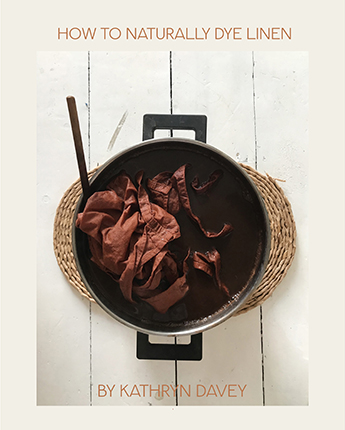



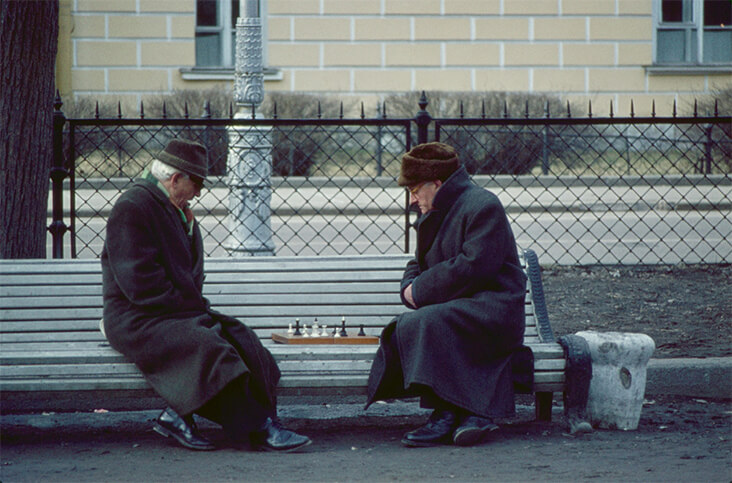





















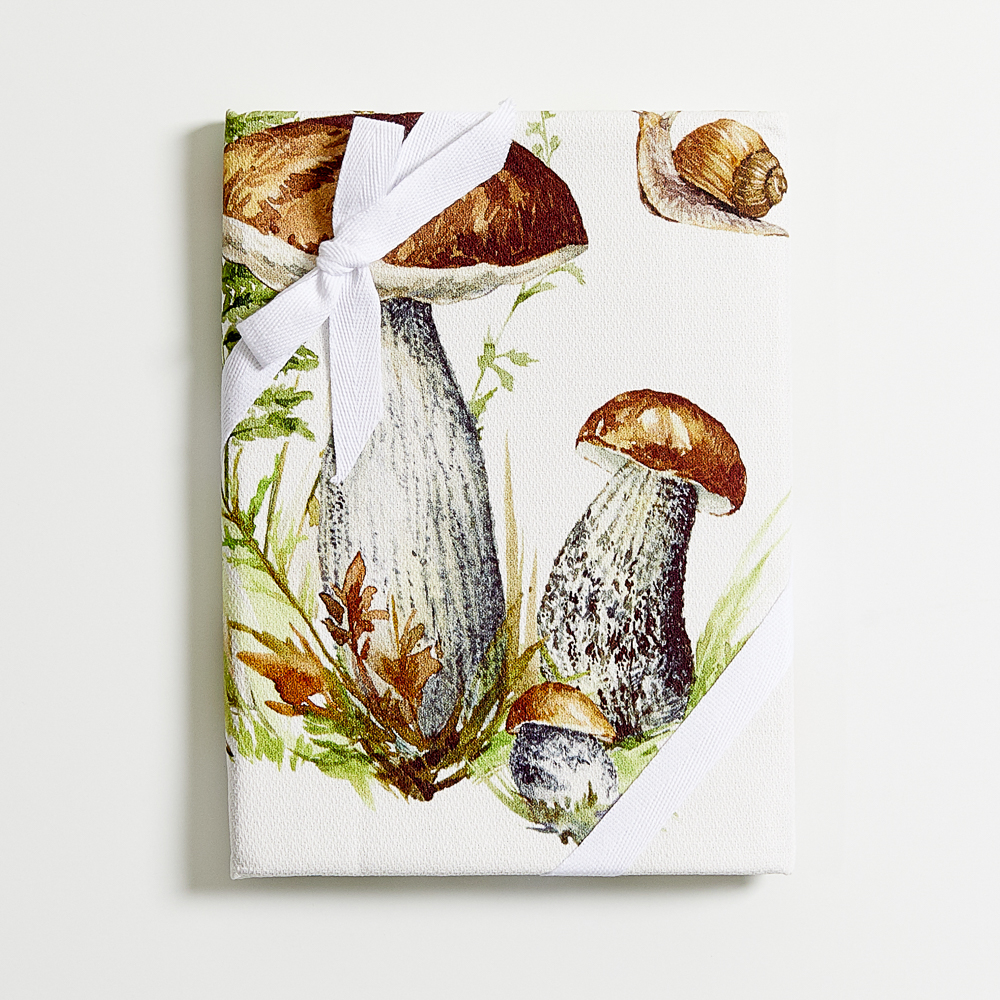
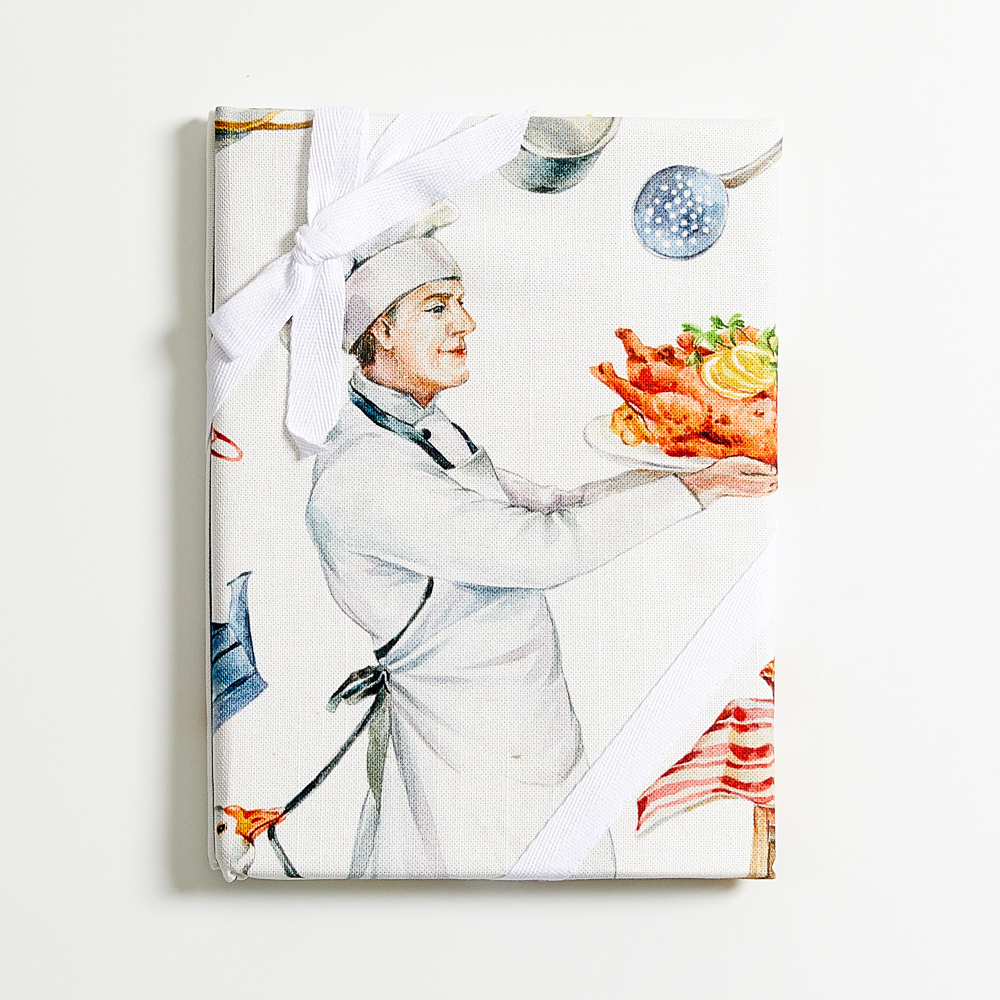
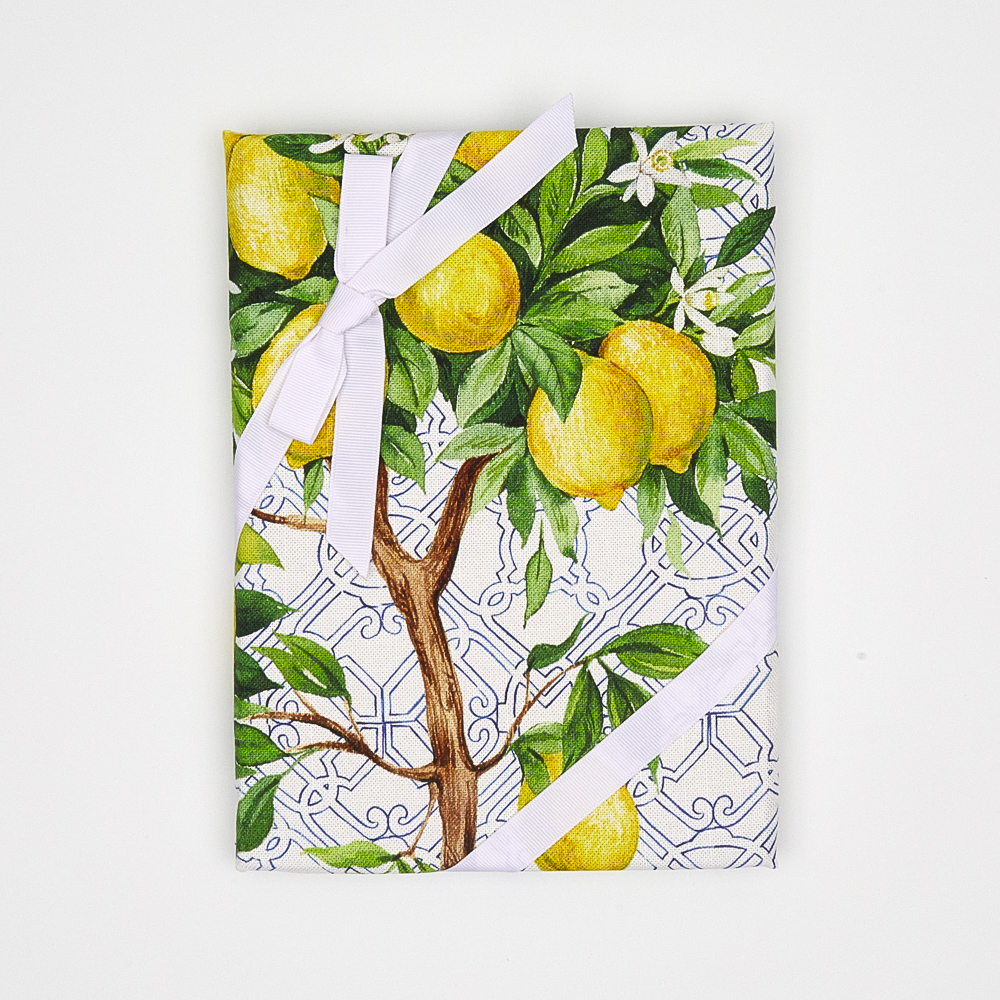
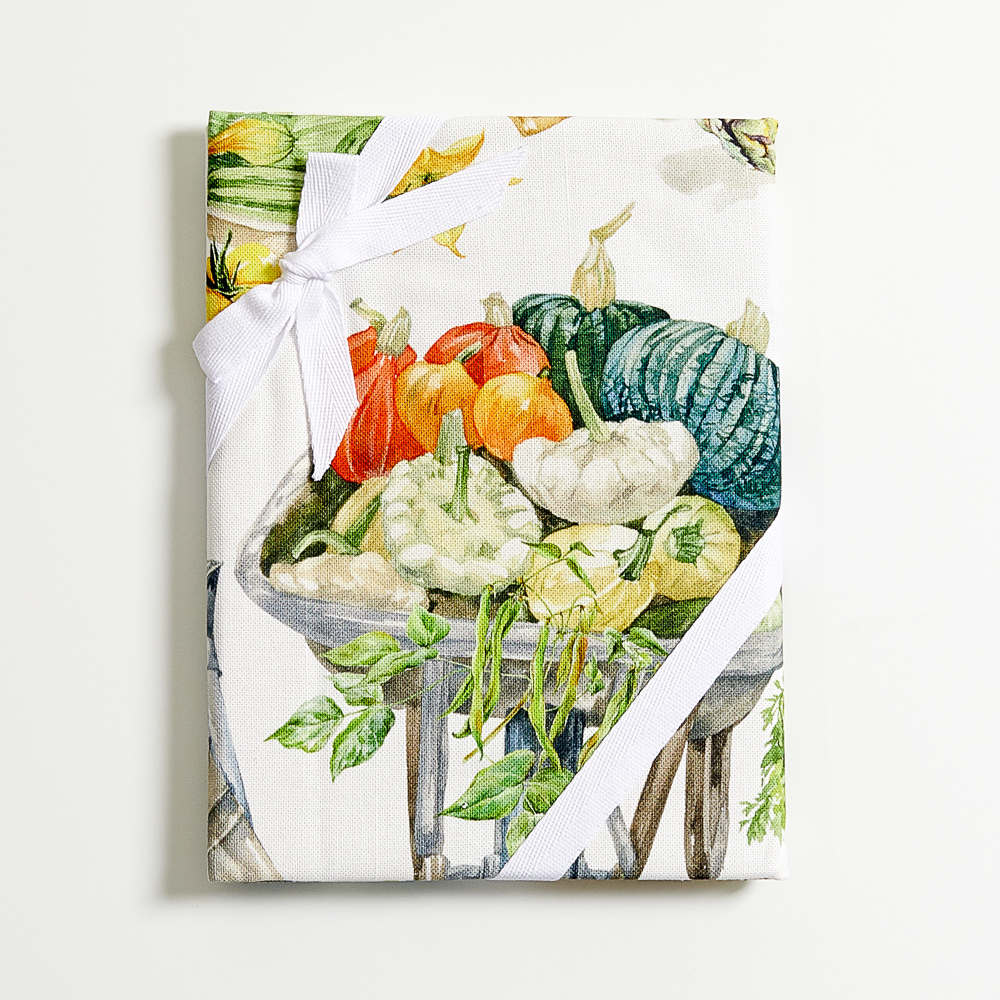






2 Comments
Laura Allender
What a great analogy! As I’ve gotten older (I’m 65 now) the value of many these “sacrifices” has become clearer. Excellent post!
Sarah Kirsten
Hi Laura, this is encouraging to hear that the understanding of purposeful sacrifices increases more and more as you get older. Thank you for sharing this!